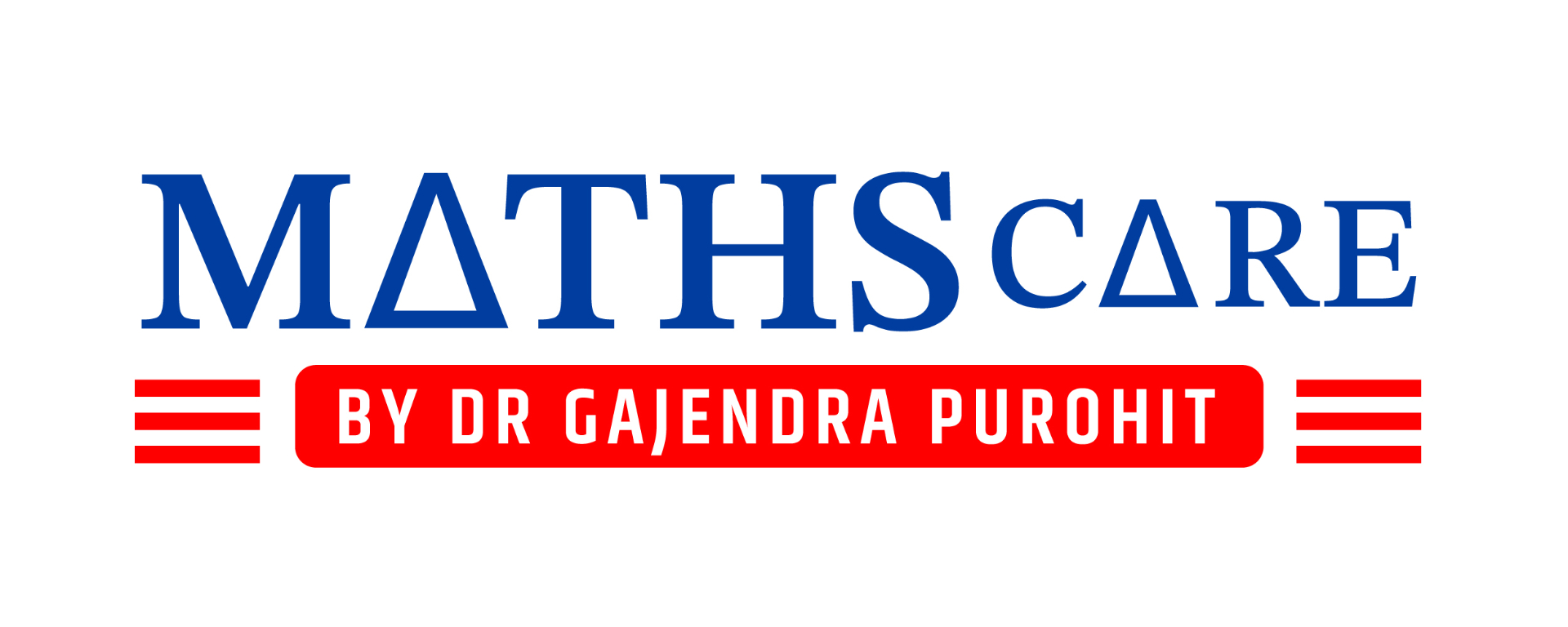Comprehensive Guide to CSIR NET General Aptitude
Cracking the Council of Scientific & Industrial Research National Eligibility Test (CSIR NET) is a significant achievement for aspiring scientists and researchers in India. Beyond specialized subject areas, the General Aptitude section plays a crucial role in determining overall performance, influencing eligibility for the Junior Research Fellowship (JRF) and Lectureship positions. This comprehensive guide covers everything you need to know about the General Aptitude section—from structure and weightage to preparation strategies and cutoff trends. Whether you’re a first-time aspirant or aiming to improve your previous performance, this guide will help you tackle the General Aptitude component with confidence and ease.

About CSIR NET
The CSIR NET is an annual exam conducted by the Council of Scientific & Industrial Research to determine eligibility for JRF and Lectureship positions in Indian universities and research institutions. It is open to candidates holding a Master’s degree in relevant subjects. Known for its rigorous testing of both subject-specific knowledge and scientific aptitude, the CSIR NET is a prestigious qualification for academic and research-oriented careers.
Objectives of CSIR NET
Assess Research Capability: The exam evaluates candidates’ potential to conduct research in various scientific fields.
Eligibility for JRF: It determines eligibility for the Junior Research Fellowship, which provides financial support for research pursuits.
Lectureship Qualification: Candidates qualifying for this exam can secure university-level teaching positions.
Structure of CSIR NET Exam
The CSIR NET comprises two main sections:
General Aptitude: Tests analytical and reasoning abilities, alongside basic scientific knowledge.
Subject-specific Section: Evaluates expertise in the chosen subject area, depending on the candidate’s field of study.
The exam is conducted in a Computer-Based Test (CBT) format, lasting three hours. The General Aptitude section is an integral part, featuring 20 questions for 30 marks.
General Aptitude Weightage
The General Aptitude section contributes significantly to the total score, consisting of 20 questions worth 30 marks. It assesses candidates’ reasoning skills, problem-solving abilities, and scientific understanding, which are essential for research and academia.
Breakdown of General Aptitude
The section includes various types of questions:
Comprehension: Tests the ability to understand and interpret information presented in passages.
Logical Reasoning: Evaluates the skill to make connections between different pieces of information.
Quantitative Aptitude: Involves basic mathematical problems to gauge numerical ability.
Data Interpretation: Requires analyzing data presented in tables, charts, or graphs.
Basic Scientific Knowledge: Ensures candidates have a well-rounded scientific understanding.
Syllabus for General Aptitude
The syllabus covers topics that test both quantitative and verbal skills.
Quantitative Aptitude: Algebra, calculus, probability, and number systems.
Logical Reasoning: Series completion, analogies, classification, and syllogisms.
Data Interpretation: Analysis of data from tables, graphs, and charts.
Comprehension and Communication: Reading comprehension, vocabulary, and sentence structure.
Basic Science: Topics in physics, chemistry, and biology.
Cutoffs (Difficulty)
Cutoffs are the minimum scores required for qualification and vary annually based on factors like exam difficulty, the number of candidates, and overall performance.
Factors Influencing Cutoffs
Difficulty Level: Harder exams may lead to higher cutoffs.
Candidate Volume: More candidates typically result in higher cutoffs due to increased competition.
Category-based Relaxation: Cutoffs differ for reserved categories like SC/ST/OBC.
Historical Cutoff Trends
Analyzing trends from previous years helps set realistic targets:
General Category: Higher cutoffs due to more competition.
Reserved Categories: Lower cutoffs, reflecting relaxation for certain groups.
Preparation Tips for General Aptitude
Excelling in the General Aptitude section demands a strategic approach:
Understand the Syllabus and Exam Pattern: Knowing the question types and marking scheme helps in focused preparation.
Develop a Study Plan: Create a study schedule allocating sufficient time to each topic. Prioritize weaker areas.
Strengthen Basics: A strong foundation in mathematics, logical reasoning, and scientific principles is essential.
Regular Practice: Mock tests and past papers improve speed, accuracy, and confidence.
Time Management: Allocate specific time to each question and avoid getting stuck.
Quality Study Material: Use standard textbooks and reliable online resources for preparation.
Common Mistakes to Avoid
Avoiding common pitfalls can significantly boost your score:
Ignoring Time Management: Don’t waste too much time on challenging questions.
Neglecting Basic Concepts: Basics often form the foundation for complex questions.
Overlooking Instructions: Read instructions carefully to avoid simple errors.
Inadequate Practice: Practical application of concepts is vital.
Strategies for Effective Preparation
Implementing the right strategies can make a significant difference:
Balanced Study Plan: Allocate time to both weak and strong areas.
Regular Mock Tests: Simulate exam conditions to build confidence.
Accuracy Over Speed: Avoid negative marking by solving carefully.
Mathematical Shortcuts: Learn shortcuts for solving questions faster.
Analyze Mock Tests: Review results to identify weaknesses and improve strategies.
Stay Positive: A calm mind improves focus and performance.
Leveraging Previous Year Papers
1Solving past papers provides insights into the exam pattern, question types, and difficulty levels.
Benefits of Solving Previous Papers
Familiarity with Pattern: Understand question types and weightage.
Identify Important Topics: Focus more on recurring topics.
Time Management: Practice pacing to complete sections within the allotted time.
Confidence Boost: Solving previous papers builds confidence.
Group Study and Peer Discussions
Studying with peers offers multiple perspectives and problem-solving approaches.
Advantages of Group Study
Diverse Perspectives: Gain insights into different problem-solving techniques.
Motivation and Support: Stay motivated throughout the preparation.
Clarification of Doubts: Clear doubts through discussions.
Managing Exam Stress
Exam stress can affect your performance; managing it is essential:
Regular Breaks: Include breaks to relax and rejuvenate.
Physical Activity: Stay active to reduce stress levels.
Mindfulness and Meditation: Helps calm the mind.
Balanced Diet and Sleep: Maintain a healthy lifestyle for optimal focus.
Mock Test Analysis
Analyzing mock test performance is vital for identifying improvement areas.
How to Analyze Mock Tests
Review Incorrect Answers: Understand the reasons behind mistakes.
Time Management Assessment: Ensure balanced time allocation.
Strength and Weakness Analysis: Focus on weaker topics.
Strategy Adjustment: Modify strategies based on analysis.
Recommended Study Schedule
A structured study schedule ensures systematic preparation.
Sample 3-Month Study Schedule
Month 1: Focus on foundational concepts in quantitative aptitude and logical reasoning.
Month 2: Intensify practice with data interpretation and comprehension exercises.
Month 3: Prioritize revision and mock tests.
Balancing Subject-specific and General Aptitude Preparation
While preparing for the General Aptitude section, also allocate time for the subject-specific section.
Integrated Study Approach
Divide Time Wisely: Balance preparation between different sections.
Interleave Practice: Alternate between types of questions.
Holistic Learning: Ensure overall preparation is comprehensive.
Conclusion
Mastering the General Aptitude section of the CSIR NET is a blend of strategic preparation, consistent practice, and effective time management. Following the guidelines in this comprehensive guide will enhance your ability to excel. Stay focused, motivated, and confident, and you will be on your way to achieving your academic and research aspirations.
CSIR NET FAQS
What is the difference between CSIR NET and UGC NET?
CSIR NET focuses exclusively on science subjects like Life Sciences, Physical Sciences, Chemical Sciences, Mathematical Sciences, and Earth Sciences. It is conducted for awarding Junior Research Fellowships (JRF) and Lectureships in science disciplines.
UGC NET, on the other hand, covers a broader range of subjects across humanities, social sciences, and other non-science disciplines. It is conducted for both Junior Research Fellowships (JRF) and Lectureships in various fields, including arts, commerce, and education.
What is the net CSIR exam for?
The Joint CSIR UGC NET exam is conducted to determine the eligibility of Indian nationals for Junior Research Fellowship (JRF) and Lectureship (LS)/Assistant Professor roles in Indian universities and colleges, subject to fulfilling UGC criteria.
Will CSIR NET be conducted in December?
The CSIR NET examination is held biannually in June and December for the five Science subjects. Candidates who want to become a Junior Research Fellow or Assistant Professor in Science subjects should appear in this examination.
What is CSIR NET useful for?
After passing the CSIR-NET exam, you qualify for both lectureship and research fellowship opportunities. You can apply for teaching positions in colleges and universities nationwide, such as Assistant Professor posts.
Is CSIR a government job?
Council of Scientific & Industrial Research (CSIR) is an autonomous organization under the Ministry of Science & Technology, Govt. of India. It is amongst the foremost scientific and industrial research set ups in the world.
What is the salary of CSIR NET?
The salary of a CSIR NET-qualified Lecturer ranges between INR 37,000 to 67,000 per month. Depending on UGC guidelines, it can increase to between 1.33 lakhs and 1.41 lakhs per month.
BEST OFFERING COURSES FOR YOU
BEST BOOKS FOR IIT JAM/ CSIR-NET
BUY BOOKS ON OUR APP
RECENT POSTS

CSIR NET Score Card Dates (Tentative)

CSIR NET Answer Key Dates (Expected)

CSIR NET Syllabus Mathematics 2025








